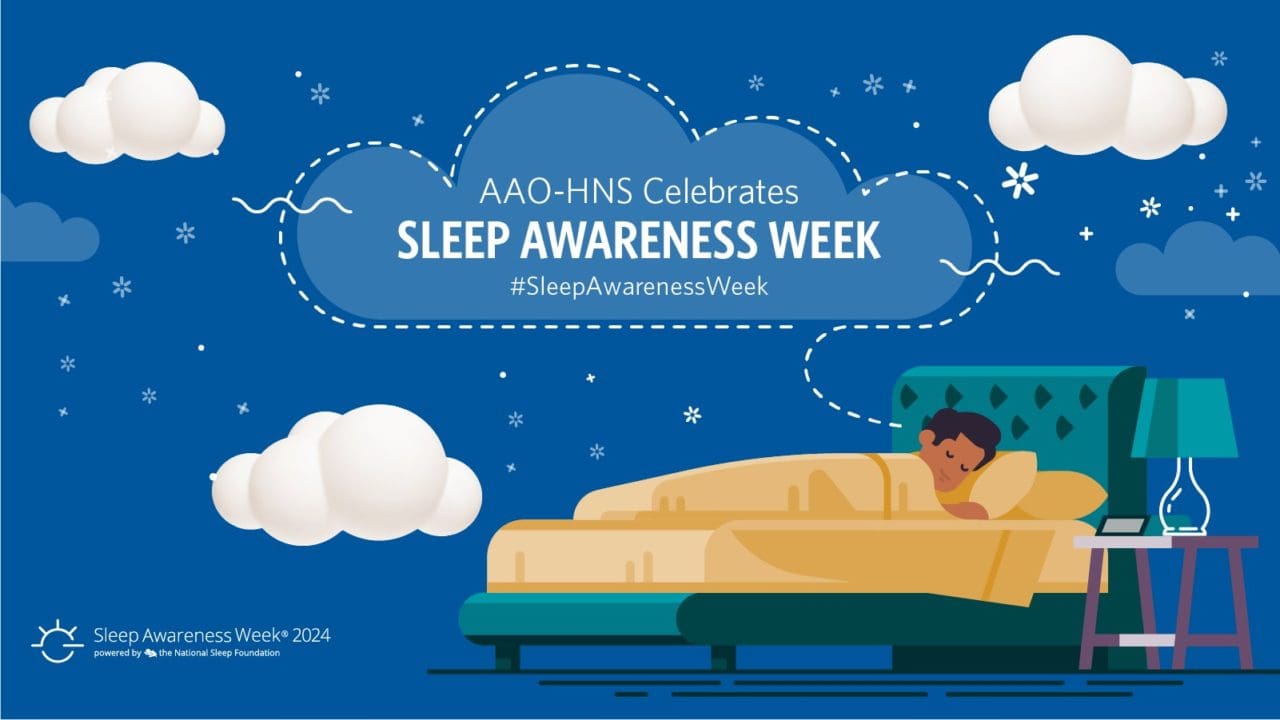Mar
08

Posted by fsteele on March 8th, 2024
Posted in: Uncategorized

Sleeping patrons are a common sight in libraries, and while that may be a sign of providing a comfortable, quiet, and safe space, falling asleep in a public place is also a potential sign of sleep deficiency. March 10th-16th is the National Sleep Foundation’s Sleep Awareness Week, and an opportunity to provide resources and information on a major public health topic.
As we spend a third of our lives sleeping, there are few aspects of health that it doesn’t impact. In 2022, sleep was added to the American Heart Association’s Essential 8, which are the key measures needed to improve and maintain cardiovascular health to prevent conditions such as heart disease and stroke. Poor sleep has also been linked to other chronic conditions, such as diabetes, obesity, and depression, and in daily life can lead to trouble paying attention, controlling emotions, making decisions, and dealing with change. This impaired mental cognition can be a severe hazard when driving, so much so that the National Highway Traffic Safety Administration estimated that there were more than 680 vehicular fatalities from drowsy driving in 2021. Yet even with all of the negative health impacts of poor sleep, one in three adults in the US sleeps fewer than seven hours a night according to the Center for Disease Control.
Improving sleep and raising awareness about sleep disorders is a public health goal for Healthy People 2030. While there is a growing body of literature on how the exposures that make up a person’s physical and social environment can affect sleep, factors such as neighborhood qualities, pollution, climate change, and health disparities will need to be addressed on a large scale.
At the personal level, the American Academy of Sleep Medicine provides basic recommendations for improving sleep habits and environment. These include setting a consistent bedtime, avoiding large meals or alcohol late at night, regular exercise, limiting bright light and electronic screens before bed, having a quiet and cool bedroom, and not staying in bed if not sleeping. There are many resources available when it comes to sleep awareness and hygiene. When recommending which approaches and resources, there are many factors to consider; including which is best for your user. NNLM offers a webinar on Self-Care During Stressful Times. This webinar focuses on the importance of taking care of yourself when work and family commitments are piling up. Part of the webinar discusses the importance of maintaining a sleep routine and how lack of sleep can negatively affect your health.
Those with consistently poor sleep or sleep issues may need materials on sleep disorders or disturbances, such as insomnia, sleep apnea, restless leg syndrome, narcolepsy, sleep walking, or night terrors. There is information in English and Spanish on issues related to sleep hygiene, the mechanics of sleep, and patient education materials on MedlinePlus. Additionally, the NIH National Heart, Lung, and Blood Institute provides an extensive array of handouts regarding sleep issues, sleep science, and creating better sleep habits. The CDC index on sleep is a great place to find statistics and media resources; from basic to more in depth materials.
Keeping a good sleep schedule is an important aspect of good mental and physical health. When coming up with a schedule, stick to the same time every night, create a comfortable environment, and consider switching up when you do most of your physical activity. If you’re not sure where to start in forming healthy sleep habits, start small. When we do get enough sleep, we tend to be sick less often, reduce risk for serious health problems, and are able to think more clearly throughout the day.
This post was written by Stacey Mantooth, MSLS, Information Services Librarian(Contractor), National Institute of Environmental Health Science Library and Ashley Purvis, Scholarly Engagement Librarian, Health Sciences Library, West Virginia University